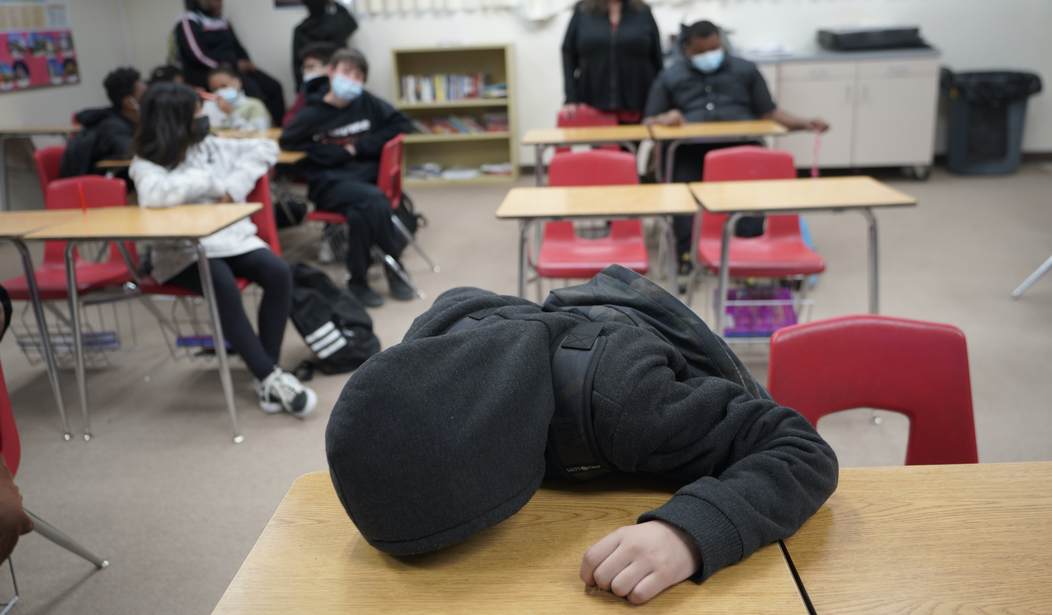For anyone willing to seriously consider the plight of Generation Z, it’s not sufficient to simply write them off as laughably broken, as if its members spontaneously emerged from the womb psychologically compromised, endowed by their creator with unprecedented neuroticism and limitless self-entitledness.
Rather, this is the result of a decadent, depraved, neurotic Western culture. They are products of their environment.
Related: Zoomers vs Boomers: Let’s Play the Generational Blame Game
Via Fortune (emphasis added):
Gen Z and young millennial employees in Britain are missing the equivalent of a day’s work every week due to mental health struggles, new research has shown.
Analysis by Vitality, the health and life insurer with over 30 million members worldwide, found that the average worker in the U.K. feels unable to work for almost 50 days a year—costing the British economy a staggering £138 billion ($176 billion).
For those under 30 years old, the number of productive days lost rises to 60, while Gen X and Baby Boomers say they are mentally absent for an average of 36.3 work days a year—marking a stark 64% difference.
The root cause, as per Vitality’s findings, is stark: younger, less affluent workers are grappling with mental health challenges without adequate employer support.
While physical health struggles led to a 54% productivity dip, mental health issues hit harder, causing a staggering 150% loss in productive days, particularly for the youth.
Putting the human toll aside for a moment, a 150% loss in productivity is a stake in the heart of any economy.
The lockdowns and injection mandates cannot be overlooked, apart from the general cultural decay, as major drivers of this mental health meltdown, particularly in the context of nations like the UK with the harshest COVID policies.
Via The Health Foundation, June 2020 (emphasis added):
More than two-thirds of adults in the UK (69%) report feeling somewhat or very worried about the effect COVID-19 is having on their life. The most common issues affecting wellbeing are worry about the future (63%), feeling stressed or anxious (56%) and feeling bored (49%).
While some degree of worry is understandably widespread, more severe mental ill health is being experienced by some groups. IFS analysis of longitudinal data from the Understanding Society study found that, taking account of pre-pandemic trajectories, mental health has worsened substantially (by 8.1% on average) as a result of the pandemic. Groups have not been equally impacted; young adults and women – groups with worse mental health pre-pandemic – have been hit hardest.
The UCL COVID-19 social study of 90,000 UK adults has monitored mental health symptoms throughout lockdown, finding levels of anxiety and depression fell in early June as lockdown measures began to lift. But these remained highest among young people, those with lower household income, people with a diagnosed mental illness, people living with children, and people living in urban areas.
Related: WEF Propagates ‘Disease X’ Narrative, Alleges 20 Times Deadlier Than COVID
For this reason and so many others, the COVID scam (forced masking + lockdowns + injection mandates, all fueled by corporate state media terror campaigns) represents the largest organized criminal conspiracy in world history. It makes any mob scam look paltry in comparison. If RICO statutes can’t be employed against the Public Health™ criminals responsible for it, what good are they for?










